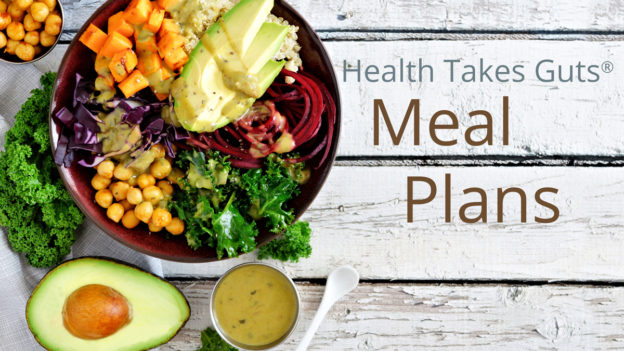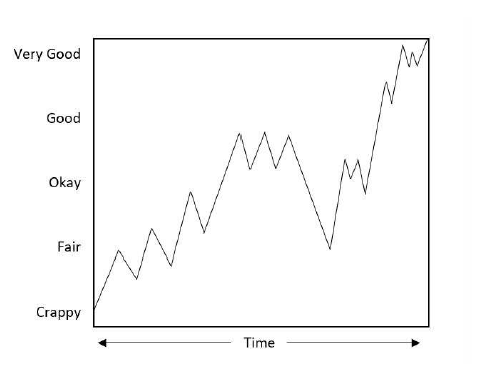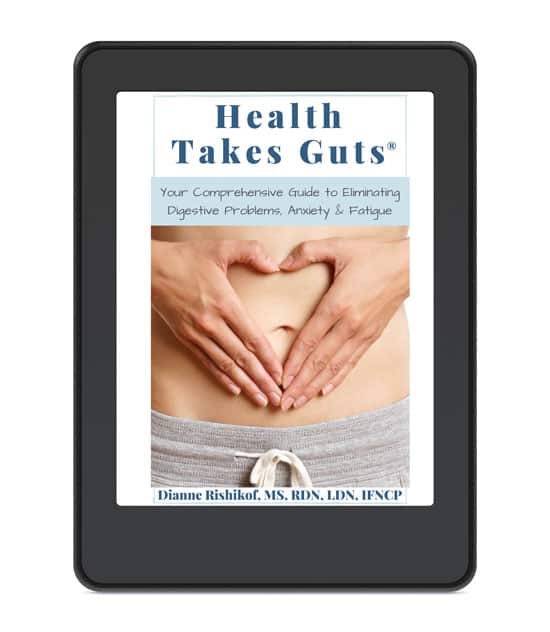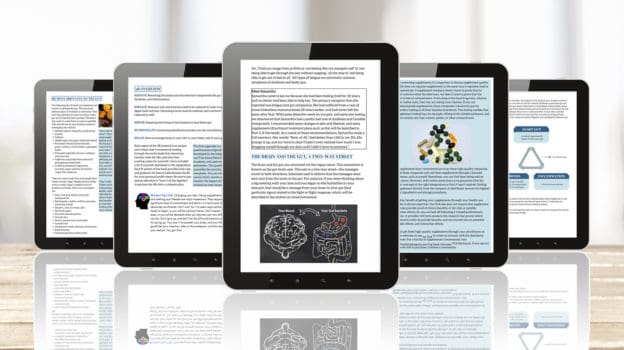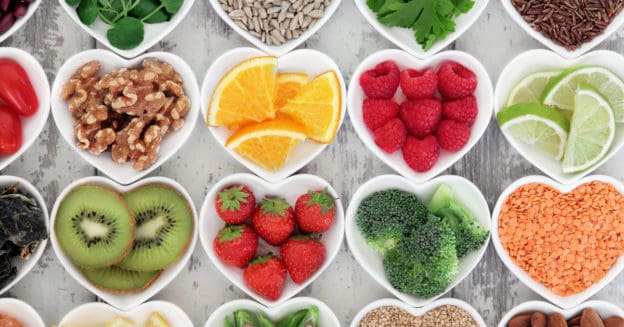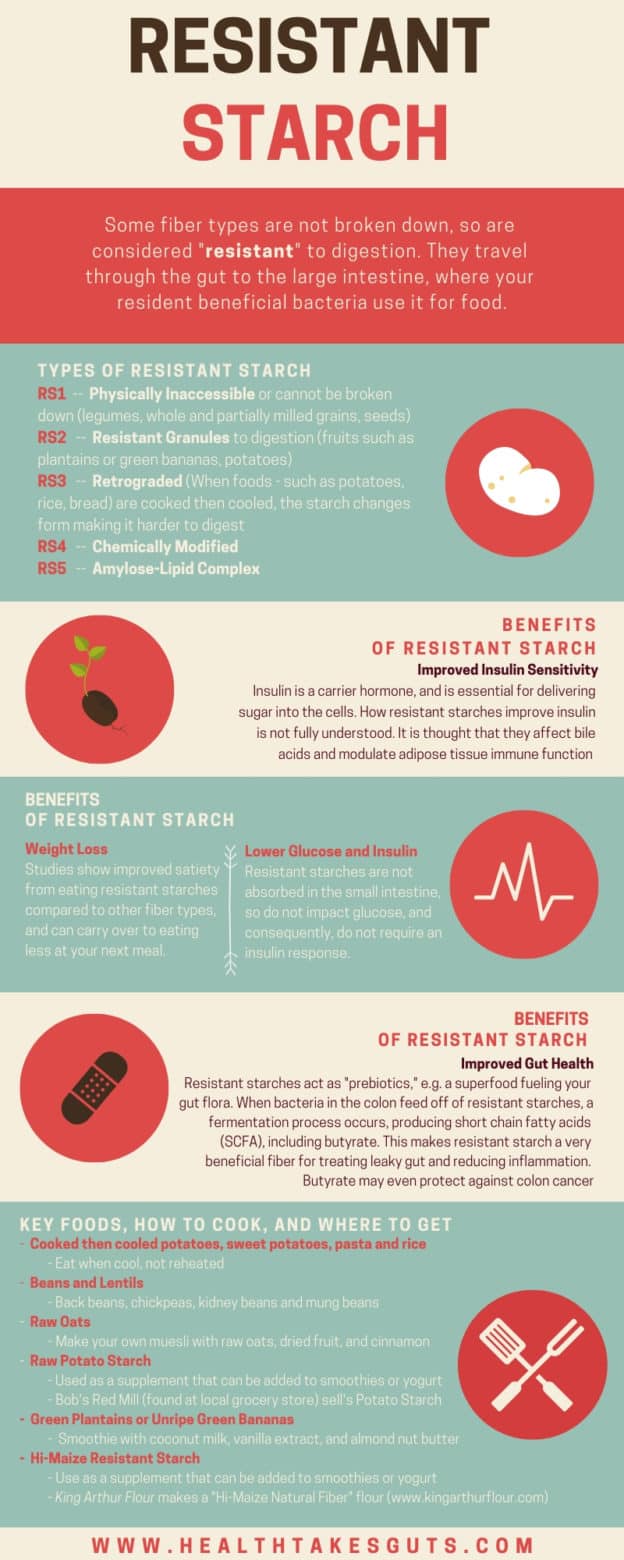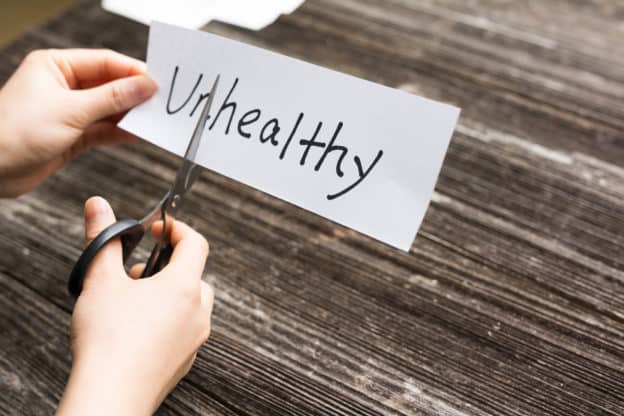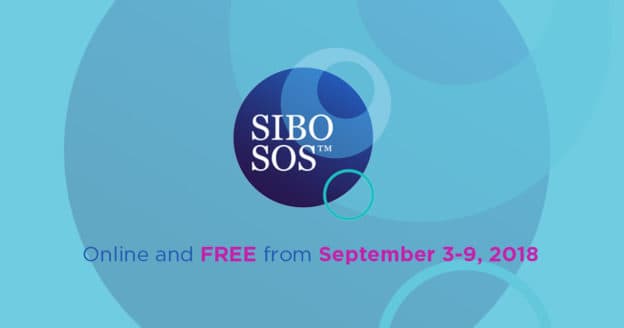The family of B vitamins (B1 – Thiamine, B2 – Riboflavin, B3 – Niacin, B5 – Pantothenic Acid, B6 – Pyridoxine, B7 – Biotin, B9 – Folate, and B12- Cobalamin) are often spoken about for their important roles in the body, but what about vitamin B8? Ever heard of it? Most haven’t – because its technically not a vitamin – but science has shown us some really interesting health benefits.
Vitamin B8 or Inositol is a molecule similar in structure to glucose that can be produced by your body, can be found in dietary supplements, and can also be found in your food (such as beans, fruit, grains, and nuts). After it’s classification as a B-vitamin in 1940, scientists discovered that the human body could synthesize enough Inositol to meet the body’s needs and therefore it no longer met the requirements to be called an essential vitamin.
Are there any Health Benefits?
Some evidence-based health benefits that may exist with therapeutic Inositol intake include
(1) reduction of anxiety-related and mental health disorders (panic attacks, depression)
(2) disorders associated with insulin resistance (including polycystic ovary syndrome (PCOS), and metabolic syndrome).
Anxiety-related and Mental Health Disorders
More research is needed to tease out supporting evidence for correlation and causation as well as dosing. However, the following are diagnoses that have some evidence for use of Inositol.
Panic disorder is a severe form of anxiety often demonstrated by frequent occurrence of panic attacks. Although research is limited in quantity, studies that do exist shows inositol supplementation of 12 – 18 grams a day for four weeks may decrease the rate and severity of panic attacks in those that suffer with panic disorders.
- Depression, OCD, Binge eating disorder, Cravings
Inositol regulates molecules that send chemical signals to the brain, specifically serotonin and dopamine neurotransmitters. These directly affect your mood and appetite. However, research is mixed when it comes to inositol supplementation. Nonetheless, I think 900mg a day can boost mood.
Disorders associated with Insulin Resistance
Polycystic ovary syndrome (PCOS) is an endocrine disorder affecting females. Its effects on the body include: imbalance of their sex hormones leading to irregular periods and infertility, weight gain, high cholesterol levels, and high blood sugar. Although the cause of PCOS is unknown, insulin resistance seems to play a key role according to recent research. Studies have repeatedly shown that the metabolism of inositol in the body may be dysregulated in females with PCOS, contributing to the pathology of insulin resistance. And since excess insulin in the body may increase the body’s androgen synthesis, this would cause the imbalance of hormones and possibility difficulty with ovulation.
Studies suggest that supplementation in the range of 2-4 grams of Inositol daily appears to be effective in improving ovulation and thus rates of fertility, as well as positively affecting testosterone levels and insulin sensitivity. A recent meta-analysis supports a therapeutic ratio of 40:1 myo-inositol to d-chiro-inositol as the optimal inositol combination to help treat PCOS. (1). In addition, the combination of inositol supplementation and folic acid has also shown to promote ovulation in those with PCOS.
A 2018 meta-analysis of over 14 randomized control trials showed that inositol supplementation may reduce triglyceride and total and LDL-cholesterol levels in patients with metabolic diseases (diseases such as heart disease and diabetes), however no significant benefit was found with HDL-cholesterol levels (2).
Inositol has also shown improvements in insulin sensitivity while concurrently improving the body’s ability to balance blood sugar. Inositol has been used to make cells more sensitive to insulin, which in turn allows for the cells to take in more glucose. In addition, this can also affect women and their risk of gestational diabetes.
Inositol Supplementation
Studies have suggested that the average American consumes about 1 gram of Inositol per day. However, current research has been conducted on a more therapeutic level, with intake of up to 18 grams per day via an oral dietary supplement, and the results are suggestive to potentially exciting health benefits. And the good news is, studies show Inositol can be taken safely by children and adults alike.
Inositol supplementation should be started under the direction of a health practitioner. The good news is that there are no significant side effects of inositol supplementation! If you are recommended to take Inositol, the two most abundant inositol molecules are myo-inositol and d-chiro-inositol. Most supplements will contain either one of these isomers or a combination of both. BUT REMEMBER – that not all supplement companies are created equal (did you see our previous blog? If not – check it out here!) It is important to feel confident in the company where you are receiving your supplements from. Of course, you can purchase through Wellevate and not have to worry about any of those scary stories.
References:
- Vittorio Unfer, John E. Nestler, Zdravko A. Kamenov, Nikos Prapas, and Fabio Facchinetti, “Effects of Inositol(s) in Women with PCOS: A Systematic Review of Randomized Controlled Trials,” International Journal of Endocrinology, vol. 2016, Article ID 1849162, 12 pages, 2016. https://doi.org/10.1155/2016/1849162.
- Tabrizi R, Ostadmohammadi V, Lankarani KB, et al. The effects of inositol supplementation on lipid profiles among patients with metabolic diseases: a systematic review and meta-analysis of randomized controlled trials. Lipids Health Dis. 2018;17(1):123. Published 2018 May 24. doi:10.1186/s12944-018-0779-4

